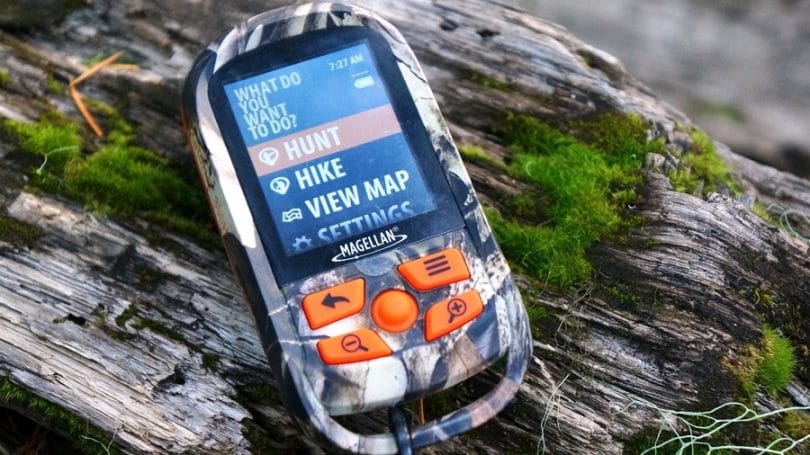
4 Ways You Can Use a GPS for Hunting
Hunting is gradually changing with the new geolocation and real-time mapping technologies. Today, your ability to have the biggest catch when hunting depends on how you use the most recent technological devices. A GPS (global positioning system) device is among the tools you should carry with you when going to hunt. In this guide, you’re going to learn how to use a GPS for hunting effectively.
1. Finding Your Way to the Hunting Ground
A handheld GPS helps reduce your chances of getting lost in the hunting ground. Many hunters rely on audio clues such as planes taking off and landing at a nearby airport, trains passing on a railway and traffic noise from a nearby highway to pinpoint their location. A GPS can come handy when you’re hunting on vast tracts of land or an unfamiliar ground where it’s difficult to get such audio clues.
With a working GPS, it’s easy to know where you are, how far you are to reaching the hunting ground and how far you are from home. Always remember to carry a compass in your bag pack as you head out. Note that some GPS devices have a built-in compass for telling the compass direction.
2. Trailing the Prey
When hunting, you’ll notice that sometimes the prey goes a long way before it succumbs to its wounds. In this case, you’ll have to follow a trail to get to it. The blood trail may not be as consistent as you expect it to be and sometimes you lose your prey.
One sure way of finding the prey is by marking the last blood or fur drop and using it as a reference point. A GPS can help you navigate through different parts of the hunting ground without getting lost. You can also use it to get back to your initial position once you locate the prey.
3. Recording Waypoints
You can use trees in a hunting ground as clues that help you record a waypoint. You’ll find it tiring to repeat marking the trees every time you fail to locate one of them. You need to have at least six trees to act as stands for helping you define a specific path in the woods.
A GPS can help you get to the marked stands back and forth in daylight or darkness. You can even remove the stands without losing track of their respective locations after the hunting season. Your GPS will do the work of recording the coordinates for you to locate them next time. You’ll also get the chance to go back to the hunting spot and erase some of the stand sites that failed to work out.
4. Scouting
You can count on your GPS to show you the way when hunting in a property that’s unfamiliar to you. You’ll notice that it’s convenient to waypoint the spot you want to return to when walking through the hunting ground. You have the freedom of adding other waypoints, either by typing out details that identify the waypoint better or using the icons supplied in the GPS unit.
Scouting, in this case, is a process of navigating through the hunting ground with a goal of identifying the waypoints better. Your GPS can help you get a composite mental picture of the land and decide on the exact locations to hang stands. In the GPS, you can type phrases/words such as “SIX WHITE OAKS SURROUNDED BY PINES” or “10-POINTER JUMPED HERE” to note the waypoints better. As a hunter, you’ll also be able to record places that merit future investigation.
5. Getting Maintenance Alerts
Some GPS devices offer maintenance alerts to users. They notify you when the vehicle you used to access the hunting ground requires care. The notifications help you plan for a more comprehensive way for handling potential issues. As a hunter, you can rely on them to know when your car encounters problems while on route to the site.
Summing Up
A GPS should be among the items you need to add in your hunting gear wish list. Choose one with an intuitive user interface and an excellent build quality. The global positioning system should allow you to transfer information from the ground to an Internet-connected device easily. You also need to consider getting one with longer battery life.
